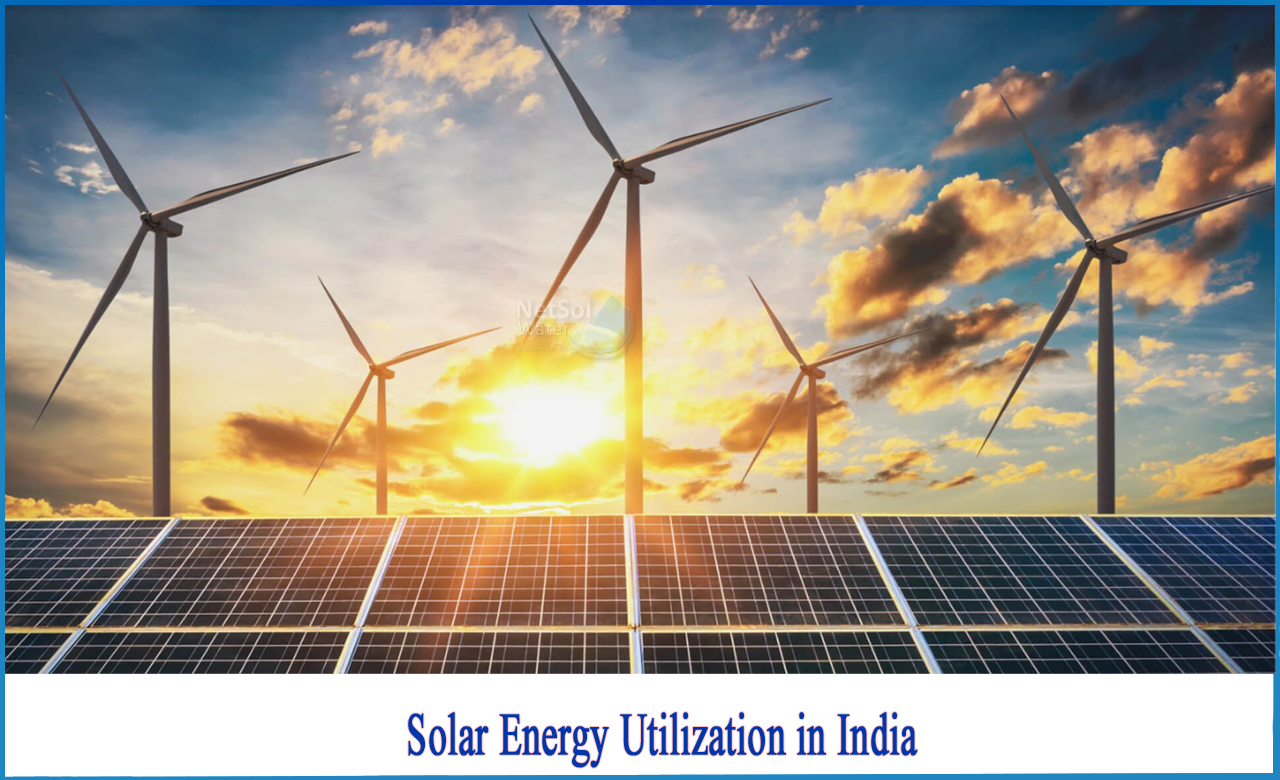Where is solar energy used the most in India?
Solar energy, because it is renewable, free, and environmentally safe, is more appealing to humans than other primary energy resources such as fossil fuels or nuclear energy. Today's technology enables us to harness the sun's energy in the form of heat, electricity, and photochemical processes such as photosynthesis. Developing countries like India, which is located in the solar belt, can benefit from this natural and renewable resource. Solar energy harvesting has already begun. Solar energy utilisation is widely recognised among both urban and rural populations.
DOES RENEWABLE SOURCES PROVIDE POWER NEEDS TO OUR HOMES?
Renewable energy holds the promise of meeting power needs in a clean, safe, and dependable manner. Solar and geothermal technology enable homes and businesses to be powered without the use of non-renewable resources such as gas, coal, propane, or oil. They also have the benefit of lowering energy costs and operating independently of the power grid.
SOLAR ENERGY
More energy of the sun falls on the earth in one hour than everyone on the planet uses in one year. Sunlight is converted into usable energy for buildings using a variety of technologies. Solar photovoltaic for electricity, passive solar design for space heating and cooling, and solar water heating are the most commonly used solar technologies for homes and businesses.
Solar technologies are used by businesses and industry to diversify their energy sources, improve efficiency, and save money. Solar photovoltaic and concentrating solar power technologies are used by energy developers and utilities to generate electricity on a large scale to power cities and small towns.
ONE SHOULD OPT SOLAR ENERGY OR GEOTHERMAL ENERGY FOR HOMES?
Many homeowners are now generating their own electricity with rooftop solar panels. This increases their energy independence and produces clean energy that has no negative impact on the environment.
Many people, however, are unaware that heating and cooling also contribute to their carbon footprint. A geothermal heating and cooling system perform well in conjunction with solar panels because the geothermal heat pump helps regulate the temperature of your home using the electricity generated by your solar panels.
Solar and residential geothermal generate different types of energy for the home while emitting no emissions. They are complementary forces that help users and the home reduce carbon emissions, rather than competing forces.
Installing solar panels and a geothermal system at the same time allows homeowners to reap the benefits of both technologies while achieving complete energy independence. This also means no more expensive (and ever-increasing) monthly utility bills.
GEOTHERMAL AND SOLAR PLANTS TOGETHER FOR THE HOMES
Residential geothermal systems are excellent at bringing thermal energy from the earth into our homes, but they still require electricity to function. Adding a rooftop photovoltaic solar system to a geothermal system can be the ideal complement.
Solar plus geothermal provides a source of renewable electricity to power the home's clean, renewable heating. Today, most rooftop residential solar systems include a home energy storage system, which serves as the cherry on top of home energy independence. In the event of a power outage, these systems keep everything running (including the geothermal system).
Netsol Water is Greater Noida-based leading water & wastewater treatment plant manufacturer. We are industry's most demanding company based on client review and work quality. We are known as best commercial RO plant manufacturers, industrial RO plant manufacturer, sewage treatment plant manufacturer, Water Softener Plant Manufacturers and effluent treatment plant manufacturers. Apart from this 24x7 customer support is our USP. Call on +91-9650608473, or write us at enquiry@netsolwater.com for any support, inquiry or product-purchase related query.



